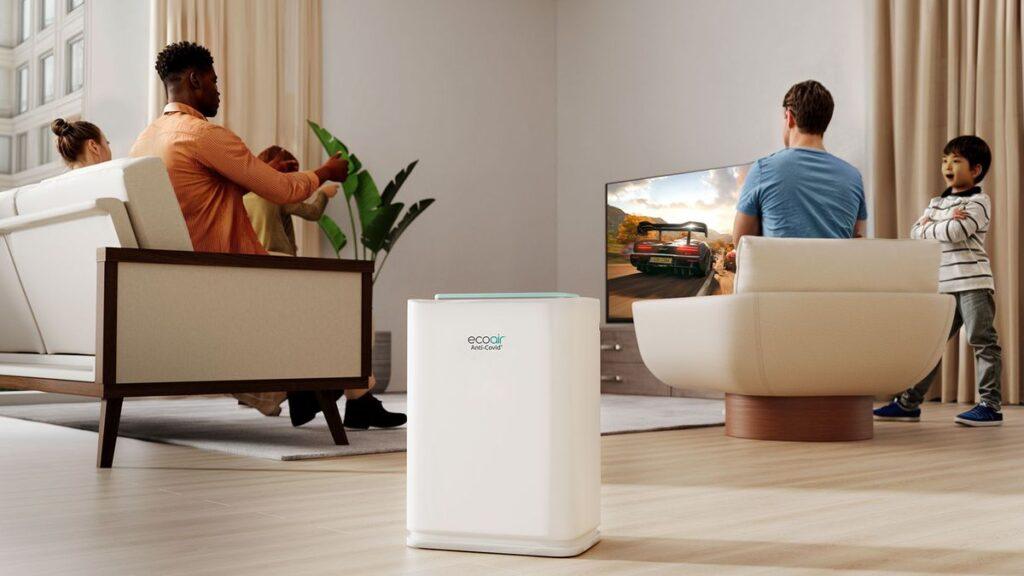- EcoAir AVS inactivates virus particles using heat
- Traditional cleaning devices trap rather than inactivate harmful microbes
- EcoAir’s claims have been independently verified by a scientific research firm
We’re all familiar with air purifiers, but air conditioner brand EcoAir has apparently gone one better, launching what it claims is the world’s first air sterilizer. EcoAir Anti-Covid AVS can apparently remove viruses and bacteria – including colds, flu and (you guessed it) Covid – from the air.
Today’s best air purifiers can only capture virus particles, not inactivate them – is this new approach your new best defense against seasonal bugs? I caught up with EcoAir’s co-founder and CEO Noel Fok to learn exactly how it works.
“A virus is not a living organism, so it cannot be killed. However, it can be inactivated or destroyed by exposure to heat,” explains Fok. “EcoAir AVS Air Sterilizer eliminates 99.9% of viruses by removing them from the air and passing them through Thermo-Clean technology, which reaches a core temperature of over 200C [392F]inactivates the harmful microbes.”
He adds: “AVS will kill bacteria, because it is a living organism, through the same exposure to Thermo-Clean technology. In both cases, the harmful microbes are broken down by the heat and not released back into the air.”
These claims are independently tested and verified by MRIGlobal – a research organization focused on health and safety innovations.
It is also noted how quickly this ‘air sterilizer’ works. It can eliminate airborne viruses and bacteria in a single pass and does it virtually instantly in just 0.01 seconds. Laboratory tests by MRIGlobal showed that EcoAir AVS could inactivate 99.9% of viruses in a 30m³ room in 90 minutes.
The future of air purifiers?
I also asked Fok to explain more about the advantages of the EcoAir AVS over a regular air purifier. “Traditional air purifiers trap microbes and store them using HEPA filters, which need to be changed, which incurs extra expense,” he told me. “Inactivating the virus destroys it, meaning it cannot infect a living organism and become active, causing disease.”
That’s what EcoAir AVS does has a filter, but it is reusable and does not need to be changed as often. The nano silver filter should be washed every two weeks and EcoAir suggests replacing it every year.
There are also other, existing methods of destroying viruses and bacteria, although they are significantly slower than EcoAir AVS’s 0.01-second process. ION systems, for example, take about 30 seconds, and UV-C, for example, takes nine seconds.
While the practical results of this device are similar to a good air purifier, Fok’s claims that AVS represents “a huge breakthrough, not only for EcoAir, but for the industry as a whole” may turn out to be correct. The new process certainly seems more thorough and efficient, and it’s not significantly more expensive than a good air purifier either – the EcoAir Anti-Covid AVS is currently available from the EcoAir website for £349.98 (it’s currently not available in US or Australia, but that equates to around $430 / AU$700). Could this be the new technology that changes the way we clean air?



